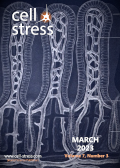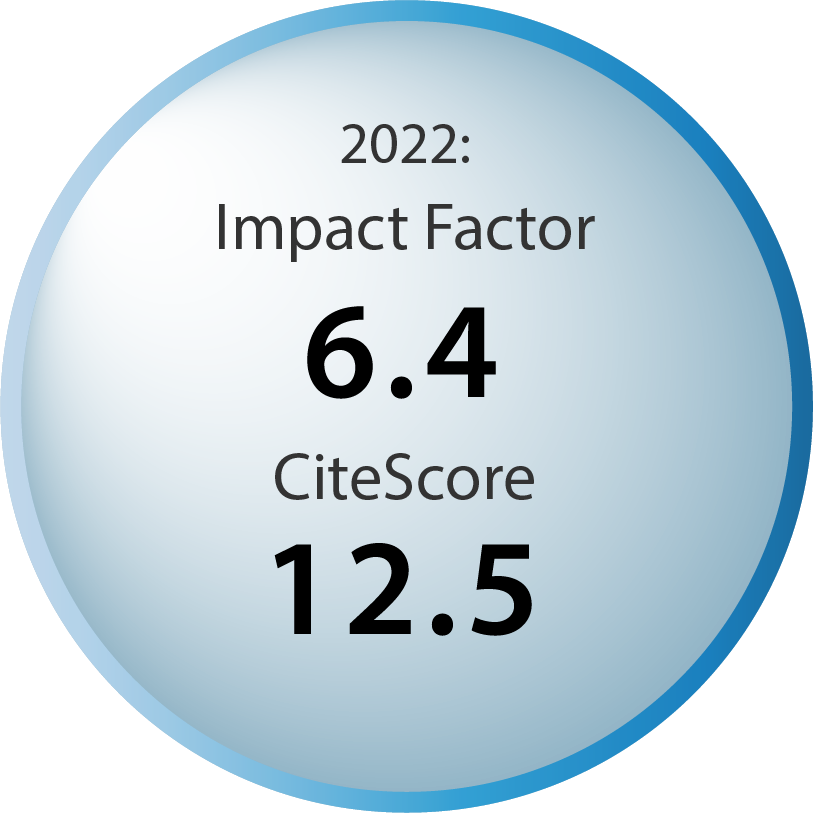Table of contents
Volume 7, Issue 3, pp. 12 - 19, March 2023
Cover: This month in
Cell Stress: Role of microbiota in breast cancer therapy. Public domain image depticting small intestine section from "Biology and Man" (1944), by Benjamin C. Gruenberg, & N. Eldred Bingham via
flickr.com. Image modified by
Cell Stress. The cover is published under the
CC BY 4.0 license.
Enlarge issue cover
Impact of microbiota on breast cancer hormone therapy
Safae Terrisse, Laurence Zitvogel and Guido Kroemer
Viewpoint |
page 12-19 | 10.15698/cst2023.03.277 | Full text | PDF |
Abstract
Recent observations indicate that the pathogenesis and prognosis of hormone-receptor breast cancer is not only dictated by the properties of the malignant cells but also by immune and microbial parameters. Thus, the immunosurveillance system retards the development of hormone-positive breast cancer and contributes to the therapeutic efficacy of estrogen receptor antagonists and aromatase inhibitors. Moreover, the anticancer immune response is profoundly modulated by the local and intestinal microbiota, which influences cancer cell-intrinsic signaling pathways, affects the composition and function of the immune infiltrate present in the tumor microenvironment and modulates the metabolism of estrogens. Indeed, specific bacteria in the gut produce enzymes that affect the enterohepatic cycle of estrogen metabolites, convert estrogens into androgens or generate estrogen-like molecules. The knowledge of these circuitries is in its infancy, calling for further in-depth analyses.



